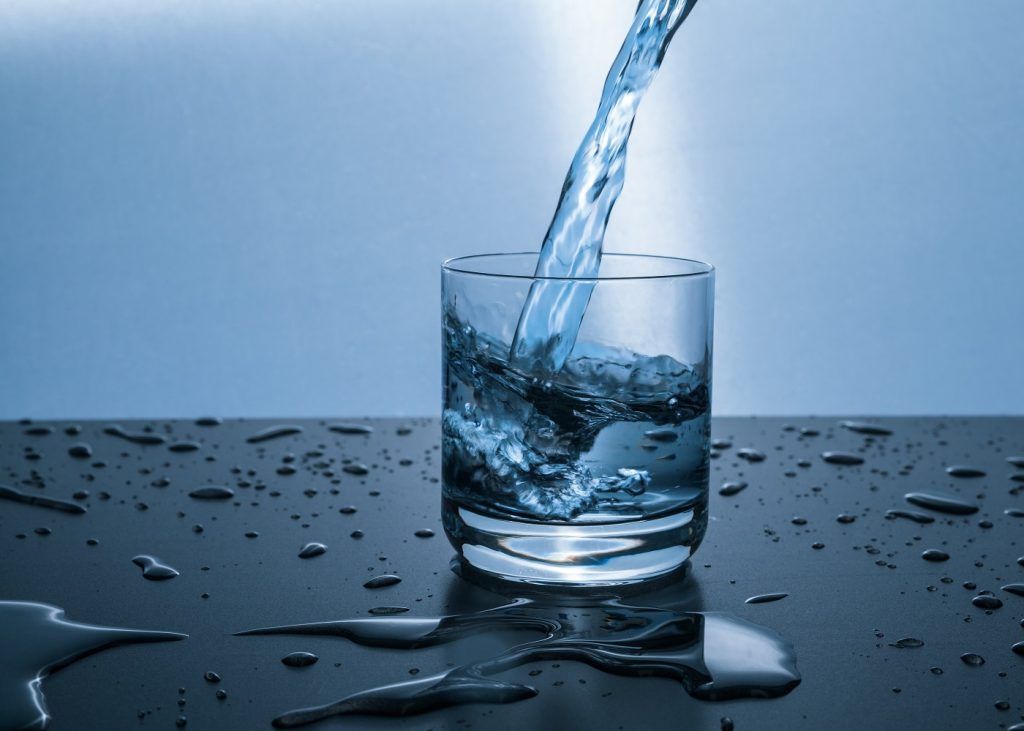According to figures from the Danish water sector, the Danes have set a new record for the amount of water they consume every 24 hours: the lowest figure since records began.
The latest edition of Danskvand, the magazine published by the water sector advocacy organisation DANVA, showed that the average Danish household consumed 103 litres a day last year – down slightly from 2016 and considerably lower than the 200 litres they used every day just 20 years ago.
In fact, Denmark’s water consumption has steadily dwindled over the past three decades, although the drought this year is expected to end that sterling run.
“We discussed last year that the consumption probably couldn’t get any lower, but it did. But it’s very doubtful that the record will be broken again next year,” said DANVA head, Carl-Emil Larsen.
“Due to the historically dry summer, a number of water companies have registered a slight increase in consumption over the hotter months.”
READ MORE: Focus intensifies on potential chemical pollution of drinking water
Higher water bills
The figures also showed that the price an average Danish household pays for drinking water has also remained relatively stable since 1997 at about 2,000 kroner annually.
But that too could change in the near future, due to a series of challenges the industry expects to have to tackle in the coming years – such as solving problems relating to the discovery of pesticide residue in the groundwater around the country.
“We can probably expect the costs associated with protecting the wells to be reflected in the water bills in the coming years,” said Carl-Emil Larsen.















